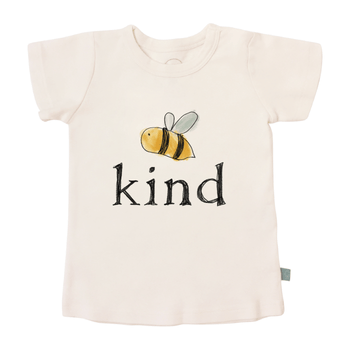How To Help Your Child Love Science
Did you know that we are naturally curious at a young age? Fostering this curiosity from the beginning can bring on an enthusiasm that will last for years!
Science is an important part of a child's education, and it can be both fun and engaging. With the right tools and guidance, children can learn to think critically about their environment while exploring new concepts in science.
Parents have a role to play in helping their children develop an interest in science by providing them with opportunities to explore scientific topics, encouraging creative problem-solving, and helping them find resources that will help them understand difficult concepts.
This article provides tips on how parents can support their kids' learning journey as they discover the wonders of science. Keep reading for more information!

Source: https://unsplash.com/photos/MX-I62dPu-c
Make Science Fun
To help your child learn science, it's important to make it fun! Try engaging in hands-on activities or experiments whenever possible - this will create a positive association with science, and your child will have a great time learning in the process.
Many parents worry that their kids are simply not interested in science, but by facilitating fun activities, it can be easy to get them hooked on scientific concepts. You could even explore new areas of interest together, such as going outside to observe insects or collecting rocks.
It may just be the spark needed for deep scientific exploration!
Ask Questions
You can also foster curiosity by asking your child questions about their everyday activities and the world around them. What is the science behind what’s going on?
Asking questions that get your child to look at everyday items or natural phenomena in a scientific light creates an enjoyable and interactive learning environment for your child to explore different scientific concepts. You can also ask them to explain concepts they were taught in school, which will help you identify any areas of difficulty.
Encouraging your child to think “like a scientist” makes science fun and helps them develop important cognitive skills.
Set Realistic Goals
Setting realistic goals when it comes to learning science helps your children be more successful in their studies and gives them a feeling of pride and accomplishment. If you can help your child plan ahead, they'll know when they need to finish assignments and stay on top of what's being covered in their classes.
You can even take it one step further by celebrating small successes throughout the process with positive words of encouragement or by giving them time for activities outside of school that are not only fun but also educational, like field trips or lab experiments.
Creating these sparks of curiosity may lead down a path of exploration and research, offering innumerable rewards!
Build on Existing Knowledge
One of the best ways to help your child learn science is to build on what they already know. If they’re familiar with a topic, try introducing new concepts that are related to it.
This way, you’re able to help them develop their understanding of various scientific principles in a natural way and gain more knowledge from related topics. When challenging them with new ideas, try to use words that are approachable and understandable for their current level.
This encourages engagement and prevents children from feeling overwhelmed or intimidated by the material.
Explain Biological Processes
Teaching children about biological processes can be fun and simple. Take, for example, teaching pollination to children: explain that flowers need the help of pollinators to transfer pollen from plant to plant, so they can make more baby plants. Start by teaching them about:
- Bees
- Butterflies
- Moths

Source: https://unsplash.com/photos/g5NjiLFgYy8
Show them pictures of different pollinators and let them explore what each one looks like, how it acts, and which type of flower it likes the best. Letting them see what happens when a bee lands on a blossom and helps spread pollen is a great visual way to educate them on this important process!
Make Connections with Everyday Life
When it comes to helping your child learn science, don't be afraid to get creative and have fun.
Explain scientific concepts and theories in interesting ways using everyday objects and activities like baking cakesand understanding why reactions occur the way they do.
For example, when analyzing a chemical reaction, you can explain how items break down or result in something completely new through different structures. This helps children understand complex ideas and makes them more likely to retain the information for future use.
Encourage Further Research
When teaching science to your children, it's important to be patient and encouraging in order to foster a safe environment for learning.
Show interest in the subject and help them explore topics they may have difficulty understanding. Provide diagrams or pictures that demonstrate the processes and encourage further research on the topic, so they can have a deeper understanding of it.
Doing additional reading of scientific material or visiting a science museum with them will stimulate your children's imagination and creativity, which are essential ingredients for successful learning!
Give Positive Feedback
Teaching science to children can be a great experience for both parents and their children.
An effective way to make it meaningful is by positively reinforcing your teaching session through constant feedback and praise. When teaching complex principles, like natural selection, or even simpler ones, like the formation of a snowflake, a positive approach that highlights your child’s efforts will make them more willing to learn and appreciate the information.
Supporting your child throughout their scientific journey can help to create wonderful learning experiences.
Want to Help Your Kids Learn Science?
Helping children learn science doesn't have to be a daunting task.
By leveraging existing knowledge, explaining biological processes in an understandable way, making connections with everyday life, and encouraging further research, parents can help their kids understand complex scientific concepts. Most importantly, positive reinforcement is key! Be patient when teaching your child about science, and celebrate every small success they make along the way.
With these tips for helping your kid learn science, you'll be well on your way to creating meaningful learning experiences that will stay with them forever!

















